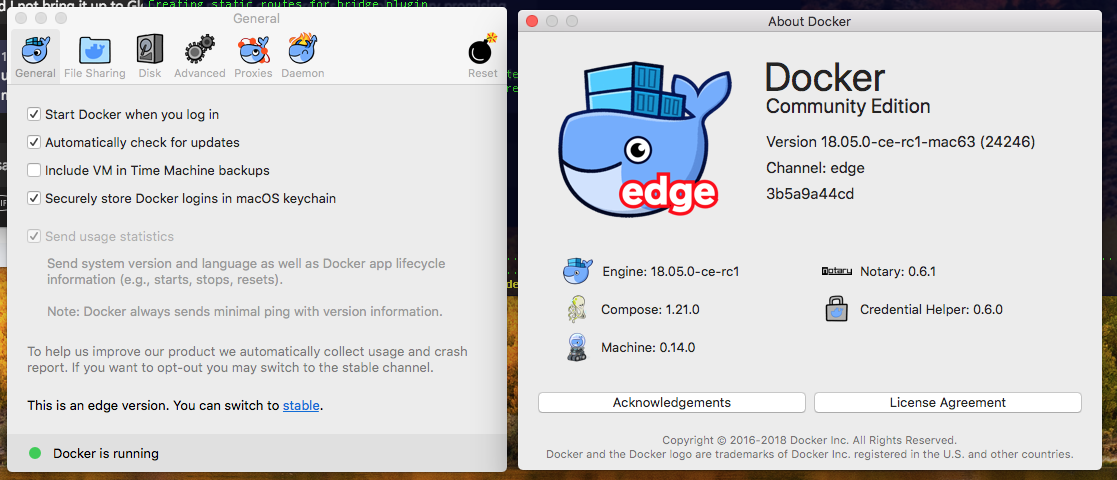

Verify your public key was successfully added to user1‘s profile by SSHing into the remote host. With the key-pair, copy your public key to the user of the remote host using the ssh-copy-id command.

If a RSA key-pair has a passphrase, the remote Docker host connection will fail.Ĭreate a new RSA key-pair by running the following command. The key should not be protected by a passphrase, as you will not be prompted to enter one.

It also requires a public RSA key from your local user. SSH Public RSA KeyĪccessing a system via SSH requires a user with privileges to the Docker daemon. Network Securityīefore opening your Docker host to remote SSH connections, it is strongly advised to allow only trusted traffic.Ī firewall or network policy should block all traffic to the Docker host, and whitelist traffic to trusted IPs or Subnets. In this tutorial, you will learn how to connect the client to a remote host using SSH. The Docker client, by default, will connect to the Unix socket when communicating with the daemon. pem file is not stored into Ke圜hain, you can not delete these from your file system.In this tutorial, you will learn how to run remote Docker commands over an SSH connection.ĭocker is usually administered locally on the host it is running. LaunchD will load ssh-agent and will instruct it to load keys referenced in your Ke圜hain. There is no more need to explicitly call ssh-add when your session start, like you used to do in your. ssh-agent will search for keys in their usual location on disk but also in Keychain. pem files in your ~/.ssh directory, you can tell ssh-agent to store your keys in the more secured Ke圜hain trusted store, as show on the picture below.Īpple silently added a -K option to ssh-add command to instruct ssh-add to store your SSH key in Ke圜hain in addition to loading the key in memory. Label -agent ProgramArguments /usr/bin/ssh-agent -l ServiceIPC Sockets Listeners SecureSocketWithKey SSH_AUTH_SOCK EnableTransactions īut the best part is the second improvement : instead of storing your keys in. Hostname:~ user$ cat /System//Library/LaunchAgents/


 0 kommentar(er)
0 kommentar(er)
